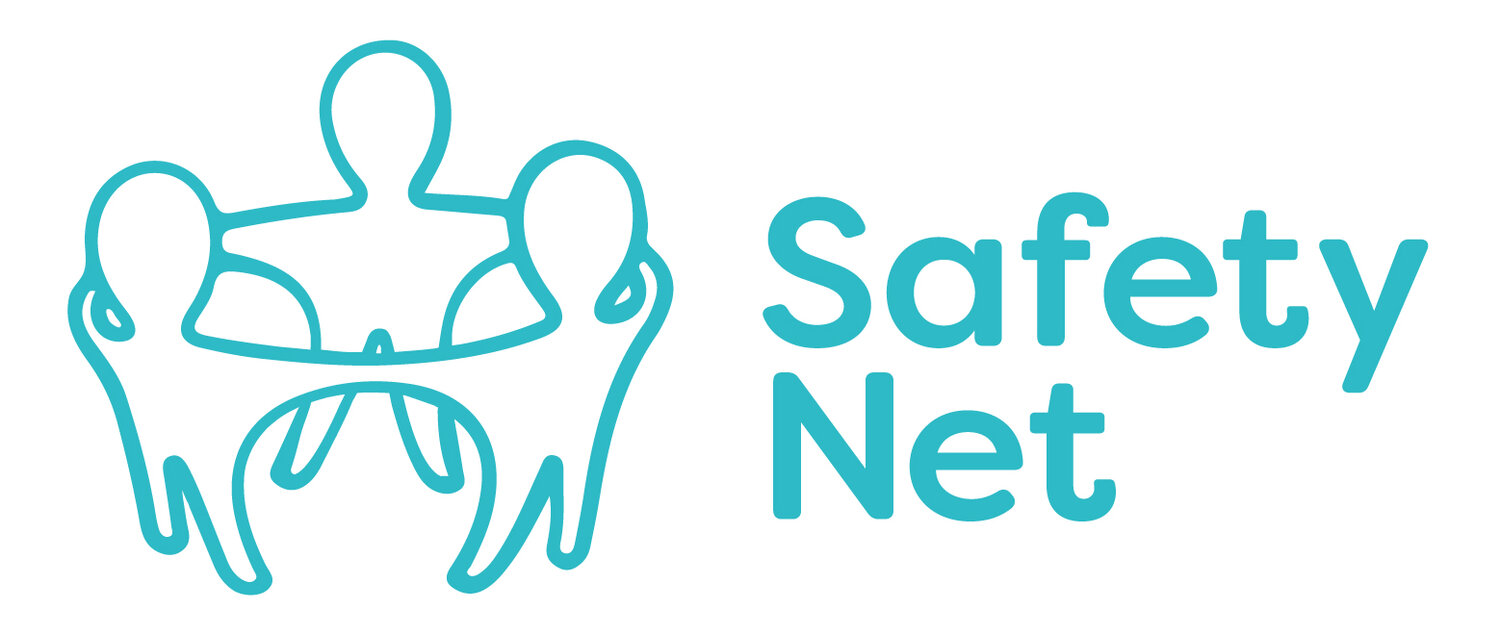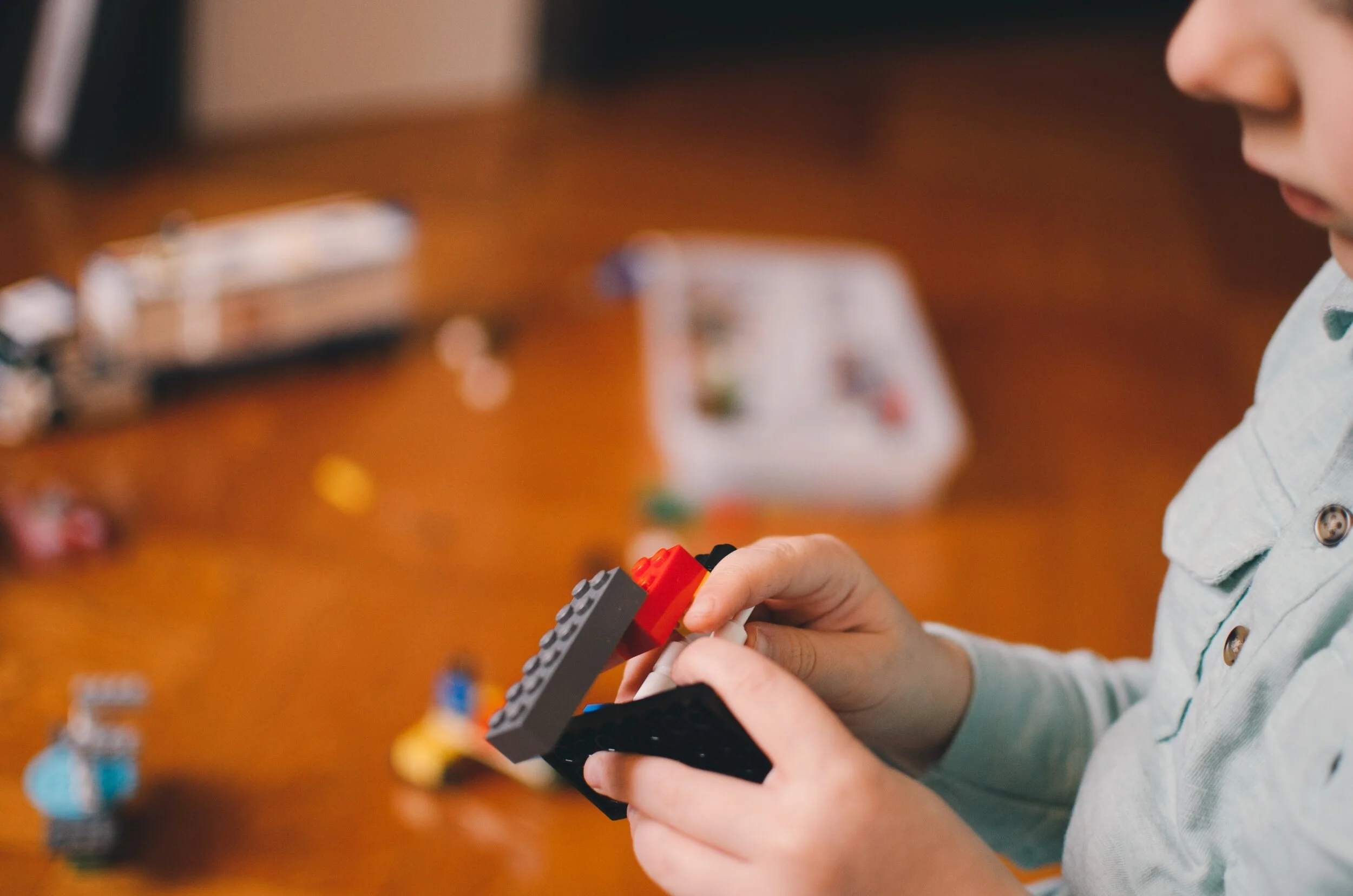Support for children and young people
Specialist, trained support
We offer support and therapy to children and young people aged 3 to 18 who have experienced or been affected by rape, exploitation, sexual and domestic abuse. Early therapeutic support can help prevent more serious emotional and behavioural problems developing as a young person matures.
Our counsellors and practitioners are qualified and trained to work with children and young people. Work is often 1:1 but can include sessions with caregivers, to help parents and carers consider how they can support their child. This can be a positive part of the process to ensure the whole family unit is offered support. Teenagers are able to contact our service directly.
How it works
We always work in the way that best suits the individual young person. In the beginning, the work is focused on ensuring a relationship is built to allow the child or young person to feel comfortable, safe and contained.
We never expect a child to talk about their traumatic experiences; instead, we work in lots of different ways, using different therapeutic techniques, for example art and play. Our experience tells us this lets the child express themselves in ways they feel most comfortable. Children and their carers are offered sessions depending on their needs.
An example of one our family therapy rooms
A safe and creative environment
Due to Covid-19, we are currently working online using video sessions, telephone and email to provide support, depending on the needs of the young person. Normally however, sessions take place in bright and colourful rooms with a warm, calm and inviting atmosphere. We have lots of creative resources in our specially designed therapy rooms. Depending on the child we offer crafts and artwork, creative writing, creative play with toys, music, and the sand tray. This helps children to express worries or troubles in their lives in a way that is tailored to the individual.
Early support can make a huge difference
““The support I received allowed me... to think deeper about my emotions which allowed me to progress..”
— R*, young service users



